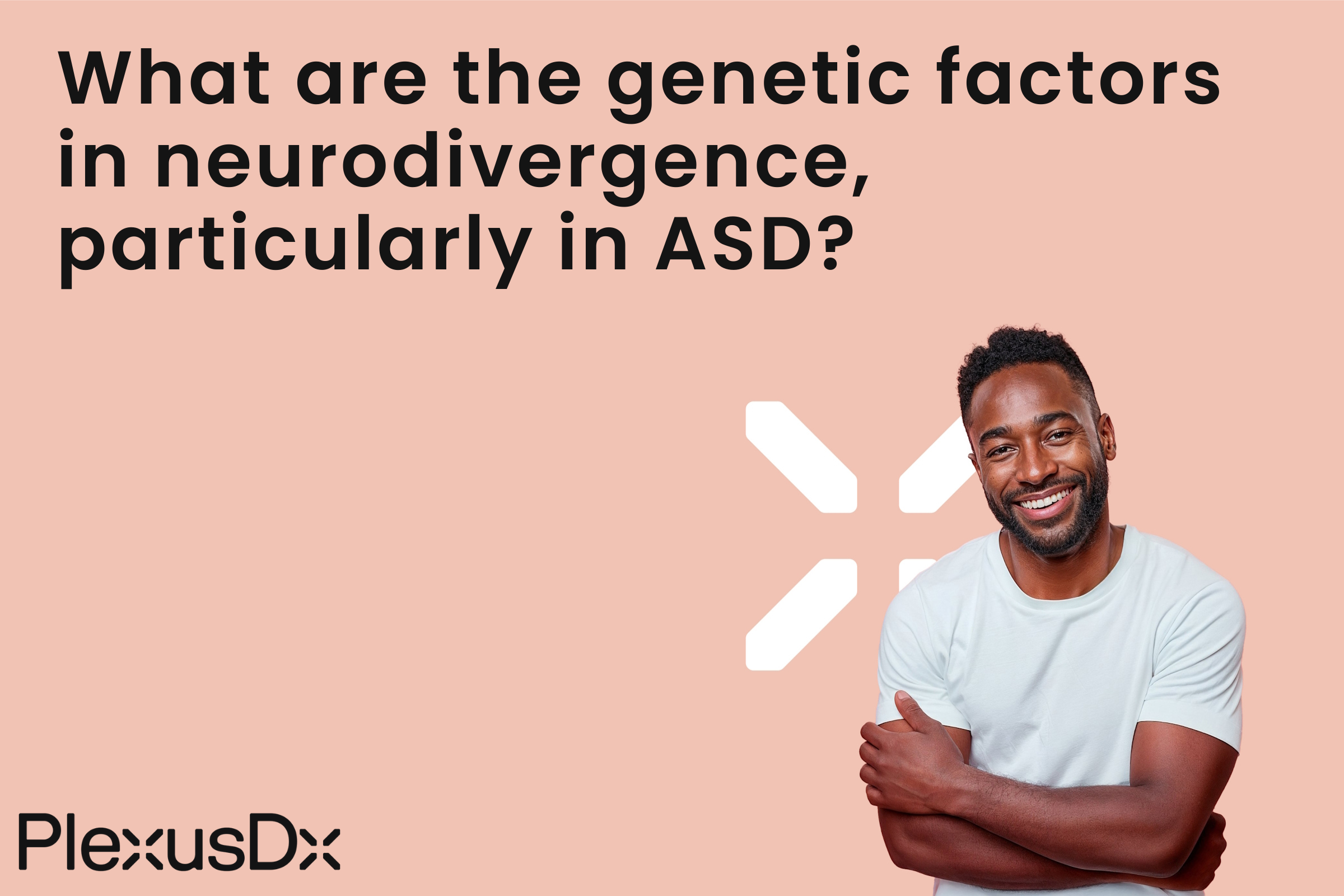Neurodivergence: Understanding the Complexity of the Human Brain
Have you ever been curious about how the human brain functions to produce diverse cognitive abilities and behaviors? The neurodivergence framework helps us understand how brain function variations produce conditions such as autism spectrum disorder (ASD).
This blog post analyzes the genetic roots of neurodivergence through the lens of ASD to decode the condition's complexity while examining how genetic and environmental elements interact. The range of developmental disorders and mental health conditions alongside various personality traits that make up neurodivergence demonstrates the wide assortment of human neurocognitive abilities.
Autism Spectrum Disorder forms the fundamental basis of neurodivergence due to its complex relationship with brain development. People with ASD experience difficulties in social interaction as well as communication and behavioral aspects which show the wide spectrum of symptoms and their varying intensities characteristic of this disorder.
Research into the genetic landscape of ASD provides remarkable understanding about how genetics influence neurodivergent development. Research indicates that genetic factors account for up to 90% of the variation seen in ASD which demonstrates the substantial genetic influence in this disorder.
Research in genetics has discovered multiple genes such as SHANK3 that play a role in ASD development and has found genetic disorders including Down syndrome, Rett syndrome, and Fragile X syndrome which can increase ASD risk.
ASD development is driven primarily by genetic predispositions but environmental influences can modify these genetic risks to determine the overall chance of developing the disorder. Research studies have shown both parental age and preterm birth can raise ASD risk levels because these factors demonstrate how genetic vulnerability works together with environmental components to produce neurodivergent outcomes.
Researchers studying neurodivergence and ASD must recognize the constraints of existing genetic studies. The genetic model for ASD offers valuable information but needs additional research and validation to establish definitive conclusions about genetic predispositions. Interpreting genetic research demands caution because most existing studies focus on children and only represent a limited scope of knowledge.
Individuals interested in learning about their genetic predispositions to mental and cognitive health conditions can acquire beneficial information from the Precision Health & Wellness tests provided by PlexusDx. Genetic testing services enable people to obtain customized health reports which reveal their genetic structure and possible health risks while assisting them to make educated health choices.
The study of neurodivergence in Autism Spectrum Disorder reveals complex relationships between genetic factors and brain function. The study of ASD's genetic components will improve our comprehension of neurodivergent individuals while establishing new personalized strategies for mental and cognitive health treatments. Begin your genetic exploration journey through Precision Health & Wellness tests offered by PlexusDx, Amazon, and Walmart to gain insights into your health predispositions while taking proactive steps toward self-discovery.

Share:
What are the genetic factors in nosebleeds and effective management?
Causes of painful urination and importance of seeking medical advice?